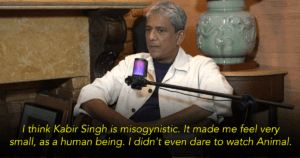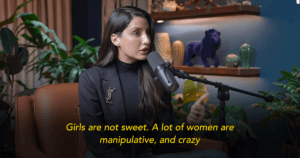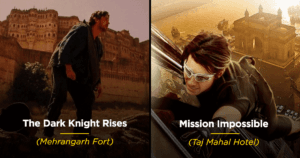‘Documentary’ is a bad word in Bollywood. Anyone who hears it automatically associates with ‘boring’ and ‘dry’ films, which are academic in nature and therefore the opposite to a ‘Bollywood entertainer’.
And that can be unfair to some very entertaining documentaries like we’ve seen in the past few years like Nisha Pahuja’s The World Before Her

or Faiza Ahmed Khan’s highly-acclaimed Superman of Malegaon.
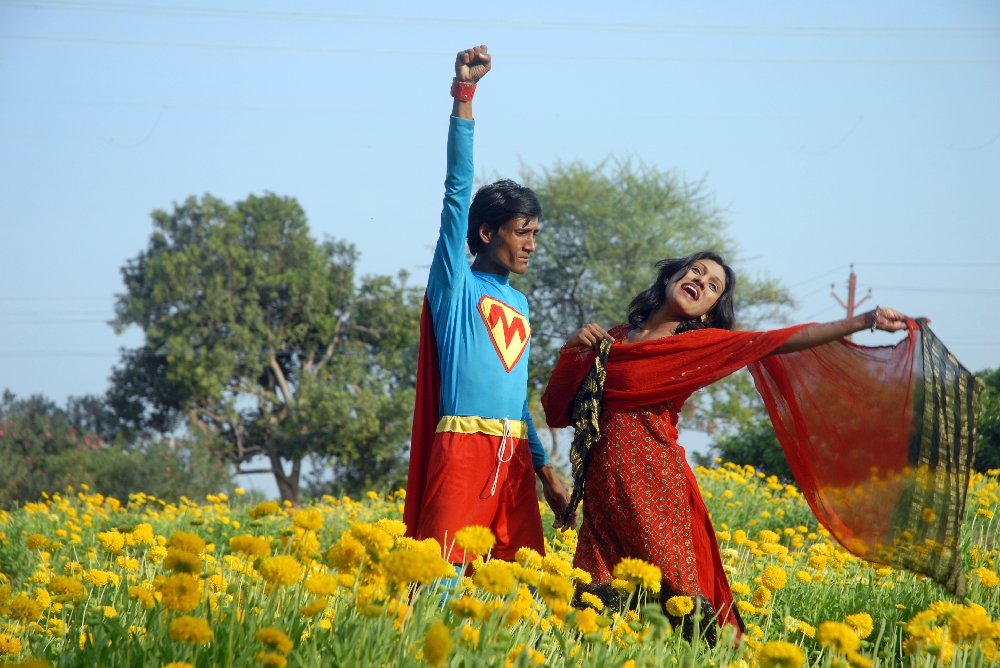
Filmmaking and distribution, today, make things as easy as they will ever be.
Ask directors Vinay Shukla & Khushboo Ranka who followed the Aam Aadmi Party for a year and a half and documented their historic rise, and even they will tell you that the release of An Insignificant Man would have been a dream about 15 years ago.
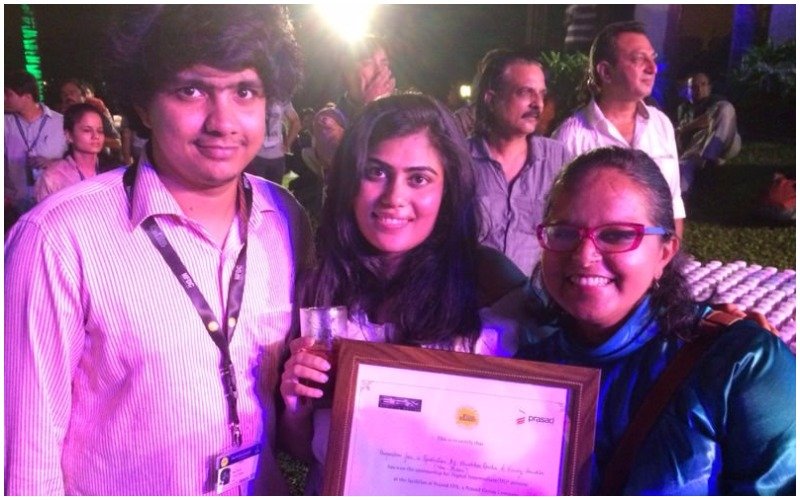
And after spending more than 5 years of shooting, editing and travelling with the film across 50 film festivals, they’ve brought this documentary to a theatre near you. Hence, the director-duo have a few pearls of wisdom that they would like to share.
Here are the 5 commandments for making an award-winning film at zero-budget:
1. Plan… but be open to change
The directors started the film with one DSLR, and as the story became bigger and bigger, they taught themselves to buy and operate sound equipment. They recruited college kids and trained them as crew, since they had no money to hire professionals. And as Vinay Shukla himself professes ‘some of the most amazing stuff in the film has been shot by first-time filmmakers’.
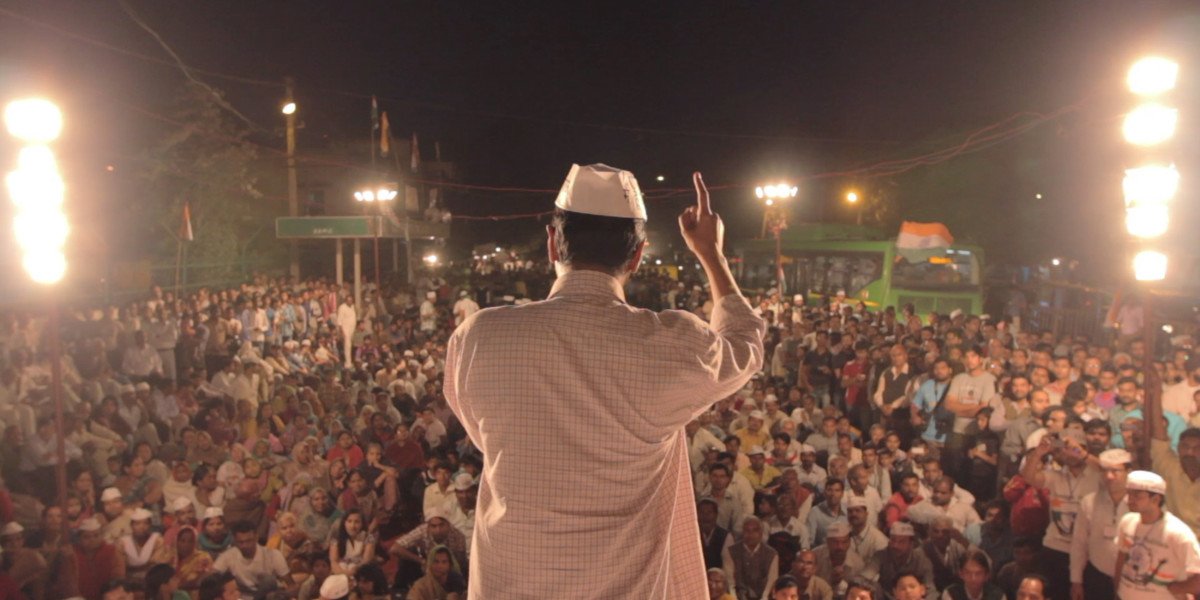
2. Find people who believe in you
Having begun the film by pooling together their own savings, the director-duo quickly ran out of money. It was only then that Khushboo had the idea of crowdsourcing the budget of the film. Putting together a rough trailer with the footage that they had shot, they raised six times the amount of their initial target – USD 20,000.
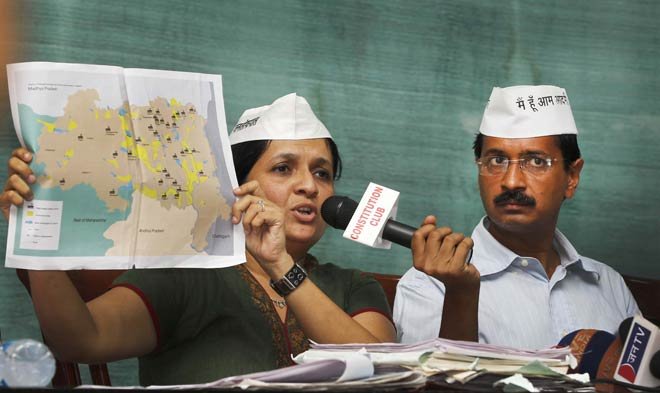
And even for the distribution of the film, when conventionally people refused to give it beyond 30 shows, they partnered up with a mobile application which allowed cinema lovers to host screenings, expanding it to 120 shows.
3. Be invisible
Director Khushboo Ranka worded it perfectly when she says (especially for non-fiction films) ‘become the furniture, blend into the walls…because only after the people forget that a camera is rolling, is when you’ll get the most incredible footage’. The duo described how they had an unsaid pact with the AAP that, they were free to shoot anything provided they didn’t get in the way of each other.
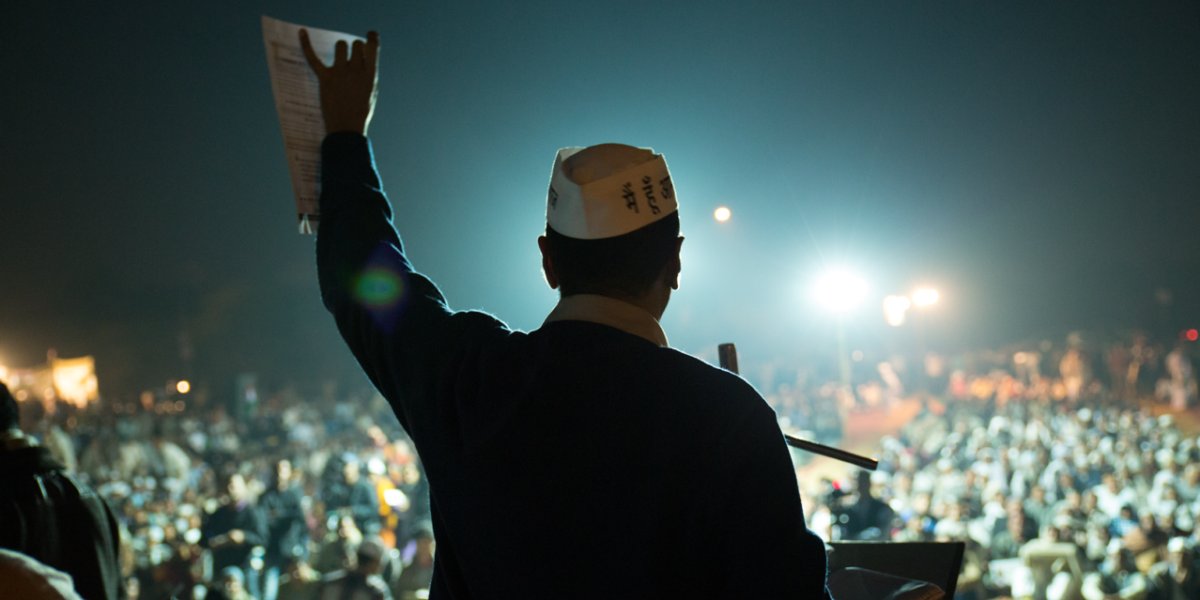
4. Take risks
Both directors couldn’t emphasise enough on the quality to ‘pretend to be brave’. Vinay talked at length about the many times they made their way inside press conferences and meeting, pretending to be senior journalists. It’s only after repeated attempts are made to get footage from behind the closed doors of Indian politics, will today’s filmmakers push the envelope on the work of the earlier generation.
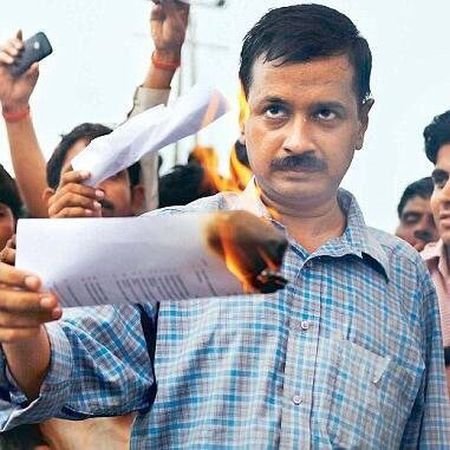
5. Fight…fight…fight and then fight some more.
Everything about a first film is a fight. The fight to raise money for your script, to shoot the script as closely to how you imagined it while a million people tell you what they think. And once the film has been shot, to get it screened in theatres fighting the Censor Board and the normal channels of distribution. The director-duo have faced it all, and have emerged victorious as the film releases this Friday.
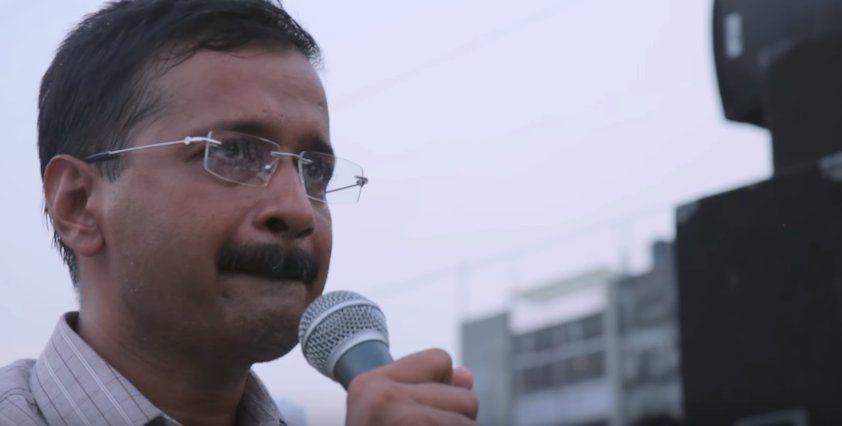
The director-duo share their commandments in this video:
As Khushboo later added, there is no such thing as a ‘zero-budget film’. And you have to constantly find more and more innovative ways to raise money, find collaborators, and discover unique models to make your film reach as widely as possible.
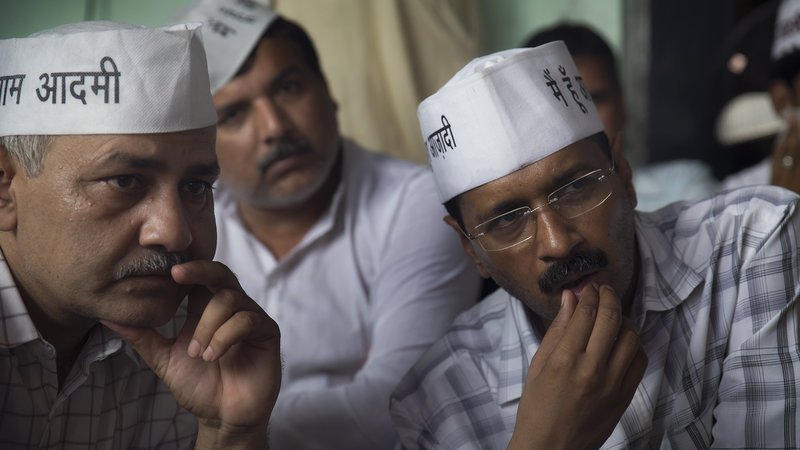
An Insignificant Man is a first-of-its-kind political documentary, which happened to be there with their cameras as a historic chapter of Indian politics unfolded in front of their own eyes.
After travelling through 50 film festivals around the world, the film is releasing in its home country after a year-long struggle. That’s why their lessons might just be the most valuable.




